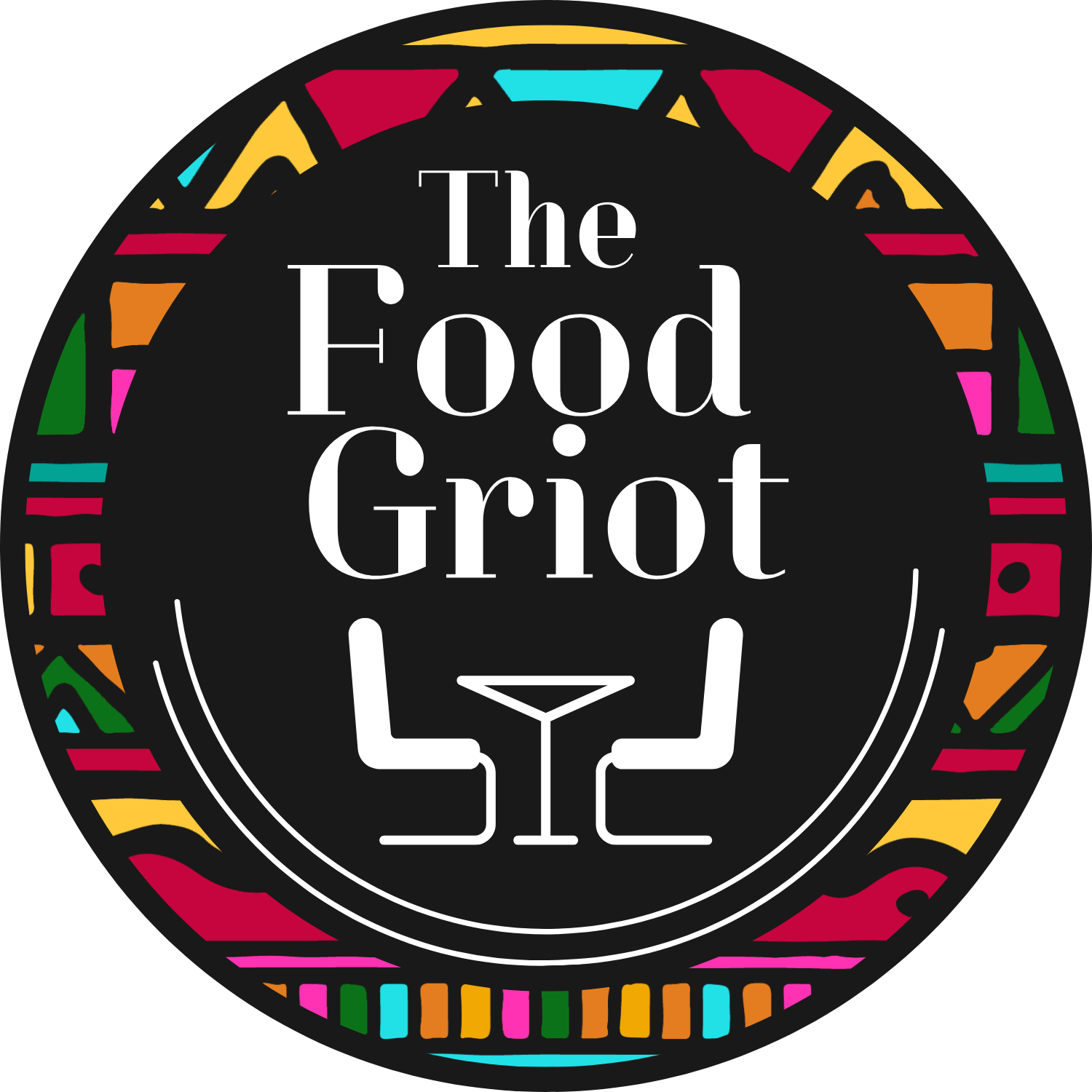SFA’s Gravy Podcast: "America’s Lost Peanut and the Price of Bringing it Back" by Otis Gray; Featuring Tonya Hopkins aka "The Food Griot"& Other Experts :) ...
America’s Lost Peanut and the Price of Bringing it Back
September 25, 2024
The Southern Foodways Alliance’s (SFA’s) Gravy's podcast episode, ““America’s Lost Peanut and the Price of Bringing it Back,””, produced by Otis Gray delves into the revival of the Carolina African Runner Peanut—an audio story inspired by a particular part Sarah Lohman’s book, Endangered Eating, in the end part of chapter 8 to be exact — i.e., Sarah’s conversation with Tonya Hopkins, aka “The Food Griot”. There Sarah and Tonya begin to discuss the complicated intersections of power, privilege and preservation…which, I’m told, sparked this Gravy Podcast episode — Enjoy! ~ Tonya/TFG
In “America’s Lost Peanut and the Price of Bringing it Back,” Gravy podcast producer Otis Gray takes listeners on a journey through the history and revival of the Carolina African Runner Peanut, an heirloom crop thought to be extinct until 2013. Today, a contingency of heirloom enthusiasts and chefs are trying to bring the historic peanut back into the spotlight through farm-to-table dining. The question is: if not everyone can sit at the table, are we doing it the right way?
In 2015, heirloom farmer and “flavor chaser” Nat Bradford was entrusted with a handful of the small, rust-colored African Runner Peanuts uncovered in a seed bank at North Carolina University—peanuts that trace their lineage back to the transatlantic slave trade. These peanuts, once a staple in Southern cuisine, were nearly lost to time, replaced by larger, more industrialized varieties like the Virginia peanut.
Nat Bradford with African Runner Peanut reserves.
This Gravy episode delves into the complex history of this crop, uncovering how it was grown by enslaved Africans for sustenance, quietly thriving in clandestine gardens on plantations. Culinary historian Michael Twitty explains the peanut’s deep cultural and historical ties to the African diaspora and the way it shaped Southern foodways. As the peanut reemerges, it raises important questions: Who gets to grow, cook, and profit from these heirloom crops today?
While passionate about preserving the peanut, Bradford has found that reviving heirloom ingredients in today’s economy is costly. The African Runner Peanut, marketed primarily to high-end chefs, is expensive to grow and difficult to shell, limiting its accessibility. Chef Kevin Mitchell, a culinary instructor and historian, shares these concerns. While he uses heirloom crops like the African Runner Peanut to educate his students about food history, he also grapples with the reality that many of the people who helped shape this crop’s history are now economically excluded from its revival.
Through conversations with experts like Twitty, Mitchell, and culinary historian Tonya Hopkins, the episode explores the extractive nature of the modern food industry and how white chefs and high-end restaurants often overshadow Black culinary history. While the African Runner Peanut’s story is one of cultural and historical importance, it’s also a story of economic and racial disparity. How do we grapple with the broader implications of reviving lost crops and whether our methods are truly equitable?
Special thanks to Sarah Lohman for her story of the African Carolina Runner Peanut in her new book Endangered Eating.
Otis Gray reported this episode of Gravy. Gray is a radio producer and cook from rural Vermont. His work has appeared on WBUR’s “Only a Game” and WAMR, among others. He also has a podcast called “Sleep” where he reads people to sleep with old books.

